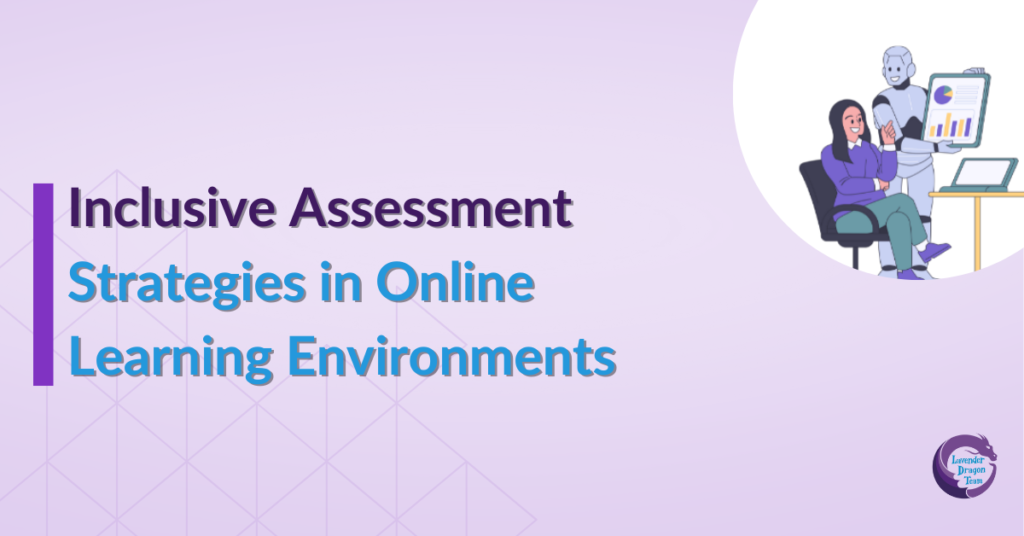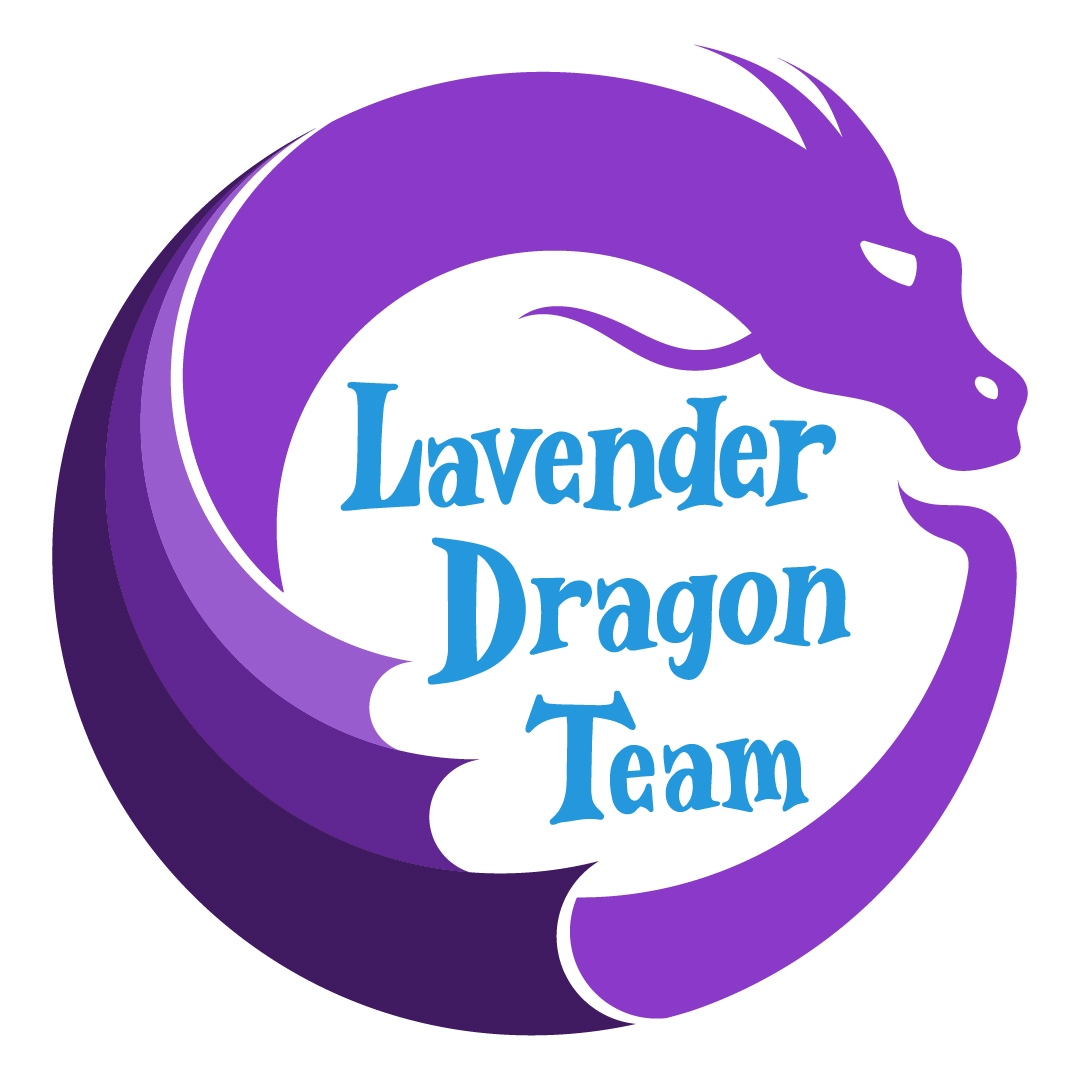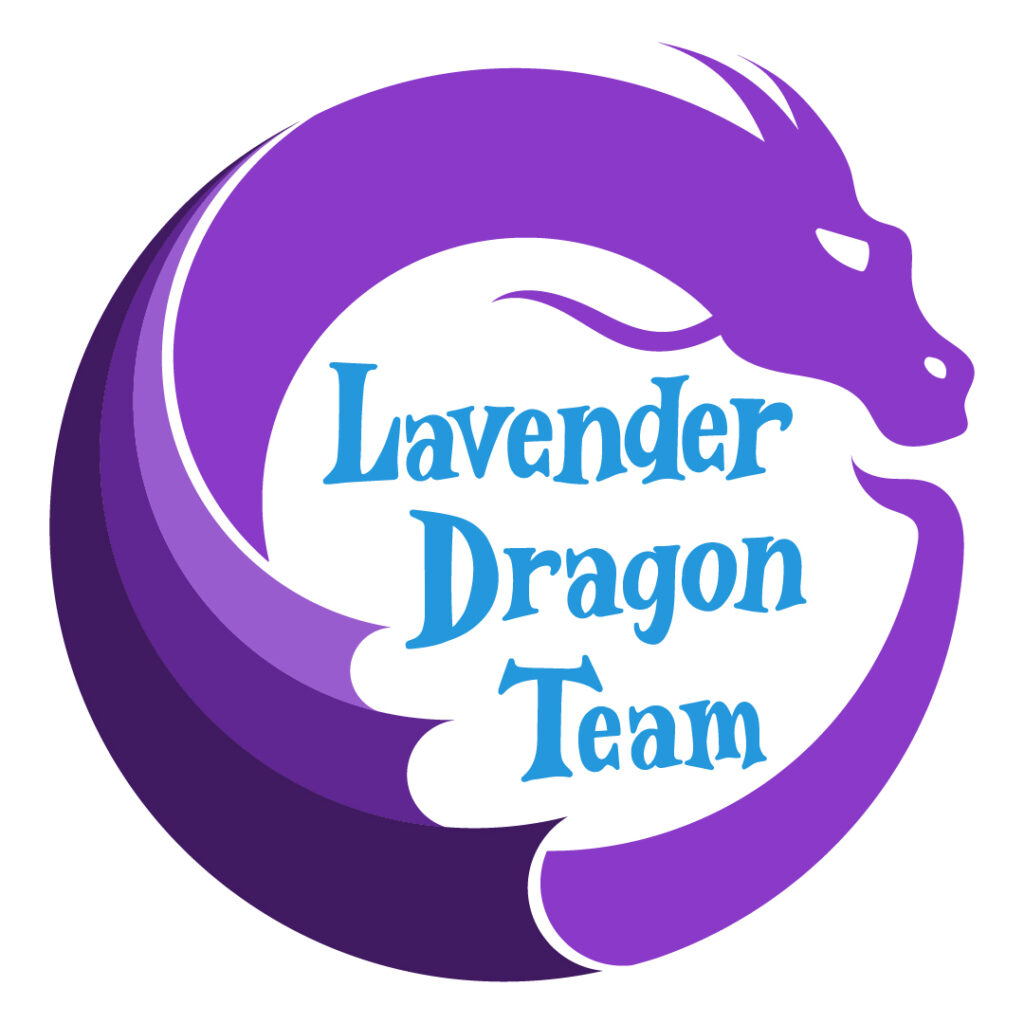Assessments are essential for evaluating employee learning and progress, but they need to cater to diverse learning preferences and abilities to be truly effective and inclusive. Let’s discuss various inclusive assessment strategies that ensure inclusivity and fairness in your corporate training programs.

Why Inclusive Assessments Matter
Before we go into specific strategies, let’s understand why inclusive assessments are so important:
- Provides all employees with an equal opportunity to demonstrate their knowledge and skills.
- Makes learning more engaging and relevant for employees with different learning preferences.
- Ensures that assessments are aligned with diverse ways of learning, leading to better retention and application of knowledge.
- Meets the legal requirements for accessibility and demonstrates your commitment to diversity and inclusion.
Understanding Learning Preferences and Abilities
To create inclusive assessments, it’s important to understand the diverse learning preferences and abilities of your employees. Here are some common learning preferences:
Learning Preferences
- Visual Learners: Prefer visual aids such as charts, graphs, and diagrams.
- Auditory Learners: Learn best through listening to lectures, discussions, and audio materials.
- Kinesthetic Learners: Prefer hands-on activities and learning by doing.
- Reading/Writing Learners: Benefit from reading texts and writing notes or essays.
In addition to these learning preferences, consider employees with:
Learning Disabilities
- Visual Disabilities: Difficulty seeing visual content.
- Hearing Disabilities: Difficulty hearing audio content.
- Cognitive Disabilities: Challenges with processing information, memory, or attention.
- Motor Disabilities: Difficulty with physical tasks or using standard input devices.
Inclusive Assessment Strategies
Now, let’s explore diverse assessment methods that cater to different learning preferences and abilities, ensuring inclusivity in evaluations.
Multiple Formats for Assessments
- Visual Assessments: Use visual aids like infographics, charts, and diagrams to present questions and scenarios.
- Auditory Assessments: Provide audio recordings of questions and allow oral responses.
- Kinesthetic Assessments: Incorporate practical tasks, simulations, and role-playing activities.
- Reading/Writing Assessments: Use written tests, essays, and reports.
Flexible Assessment Options
- Choice-Based AssessmentsAllow employees to choose from different types of assessments (e.g., written report, video presentation, or project) based on their strengths and preferences.
- Open-Book Assessments: Reduce anxiety and allow employees to use resources to find answers, promoting critical thinking and application of knowledge.
Self-Assessment and Reflection
- Self-Assessment: Encourage employees to assess their own learning and progress, promoting self-awareness and responsibility.
- Reflective Journals: Ask employees to keep journals reflecting on their learning experiences, challenges, and achievements.
Peer Assessment
- Peer Reviews: Enable employees to evaluate each other’s work. This fosters collaboration and provides diverse feedback perspectives.
- Discussion Forums: Use online forums for peer discussions and evaluations, allowing employees to share insights and learn from each other.
Adaptive Assessments
- Technology-Enhanced Assessments: Use adaptive learning technologies that adjust the difficulty of questions based on the employee’s performance, providing a personalized assessment experience.
- Interactive Quizzes: Incorporate interactive elements like drag-and-drop, matching, and simulations to make assessments engaging and accessible.
Final Thoughts
Inclusive assessment strategies are essential for creating fair and effective corporate training programs. By diversifying your assessment methods and ensuring accessibility, you can cater to the diverse learning preferences and abilities of your employees, leading to better learning outcomes and a more inclusive workplace.
If you have any questions or need further guidance on implementing inclusive assessments, feel free to reach out. Let’s work together to create an inclusive and effective corporate training environment for everyone!

